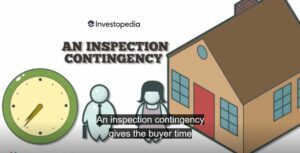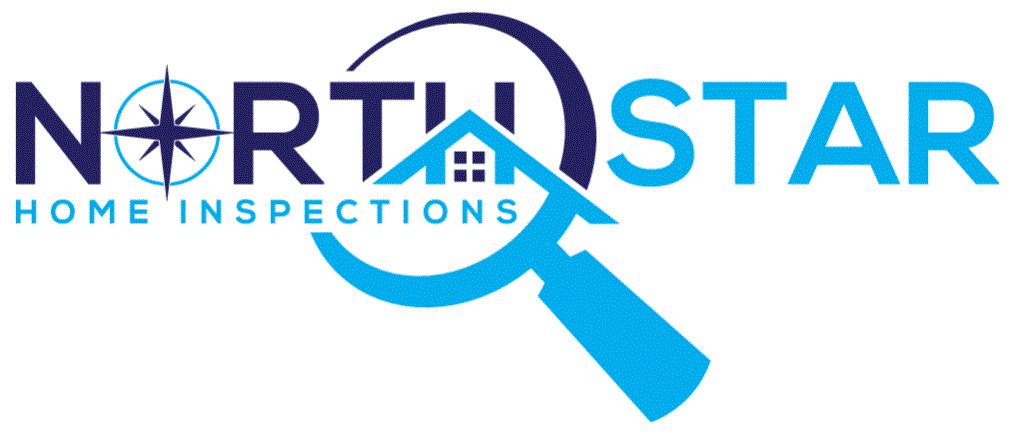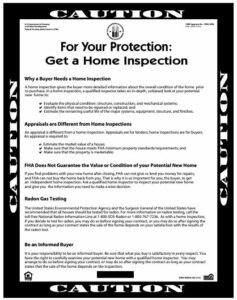Caveat Emptor. What do we mean by this? Ask any Realtor or real estate attorney and they will tell you, Virginia is a “buyer beware” state. Stated in legal terminology, “Caveat emptor”, or in Latin, qui ignorare non debuit quod jus alienum emit:
“Let a purchaser, who ought not be ignorant of the amount and nature of the interest which he is about to buy, exercise proper caution.” (Source Link)
Thankfully, it is still illegal to outright lie to a buyer (this is called fraud). A variation on this is that a seller is not permitted to conceal known material defects with the intent of deceit (i.e., obfuscate with intent to deceive).
But a buyer must remember, if a material defect is discovered after moving into a home, it is very difficult to prove the seller knew of the defect. (This is practically considered to be impossible). There are really very few disclosures that are mandatory in a Virginia real estate transaction. Ask your Realtor if you don’t believe me. There would be little or no recourse unless the buyer can a) prove the seller lied, or b) prove the seller advertently concealed or in some way–deceived the buyer.
For a full treatment of this topic, please consult these Virginia attorneys here.
Also remember, if the defect was/is something such as a structural deficiency, these do not always clearly manifest themselves to the casual or untrained eye. Into the same category fall mold problems, pest infestations or other expensive fixes such as damaged roof trusses or drainage issues. Besides, a seller could claim the problem arose the day after you moved into the home or took possession–and the onus in on you to prove otherwise. It is very challenging to prove what a seller knew or thought yesterday or even last year. Their defense would be, “I am not trained in these matters, besides, you had your chance to hire an expert … and chose not to”. The law places an onus on the buyer to know what they are buying.
And do not ignore the fact that many sellers are actually honest and are simply not aware of problems that exist.

(Image Credit: https://www.investopedia.com/articles/personal-finance/102913/contingency-clauses-home-purchase-contracts.asp )
The bottom line is this: there is equal or even more obligation placed on the buyer to discover (before settlement) any and all defects that he desires to be aware of prior to the purchase being finalized. This is called “exercising proper caution” and the courts generally hold buyers accountable to this: “Did you, Mr. Buyer, exercise due caution before you accepted the property?” If a seller is selling a property “as is” or a buyer waives his right to conduct an inspection (or multiple inspections) and make the offer contingent upon the results of the inspection, a buyer may simply have to lump it: whatever problems exist… are yours to correct after taking ownership.
Guidance to Buyers: In light of this legal condition, prudence suggests that an inspection is a very good idea. It may even save you tens of thousands of dollars. Knowing which defect actually exist… may make all the difference – so you can either a) walk away from a purchase, b) negotiate a fair price (instead of getting gouged by a seller) or c) be satisfied in knowing, “we really wanted the house in spite of the upfront defects that we discovered”.
In this inspector’s opinion, any of these outcomes is acceptable. What is not acceptable is to buy “as is” and hope for the best (unless you’re going to raze (i.e., completely destroy) the home and totally rebuild!).
Just in case you’re not yet convinced of the wisdom of this, answer this question: what is the value of $10,000 financed over a 30-year mortgage? Answer: At today’s interest rates, more than $24,000. Roof, drainage, foundation, structural, mold or termite problems can easily mount to ten thousand dollars or more. So, if defects are not initially discovered and you are overpaying in the purchase price, this inflated price difference will more than double over the cost of the loan. And paying cash for the corrections, may not be an option considering you just put down tens-of-thousands for the new home.
Housing and Urban Development Flyer issuing a advice to Hire A Home Inspector!
Finally, my MBA training causes me to ask, “Why would you put a $700,000+ asset at risk for lack of spending $600 or $1000 in inspections? (This is far less than 1/750th of the purchase price.) It does not seem rational to me.
Am I overly concerned or have I stated the situation accurately? Let me know your opinion in the comments.
Nov. 25, 2024 Update: if, for any reason, you did not believe me, I stumbled across the legal language for what was described above; here is the link: the law is clear that the buyer should be on the alert: § 55.1-703. Required disclosures for buyer to beware; buyer to exercise necessary due diligence
or
https://law.lis.virginia.gov/vacode/title55.1/chapter7/section55.1-703/




